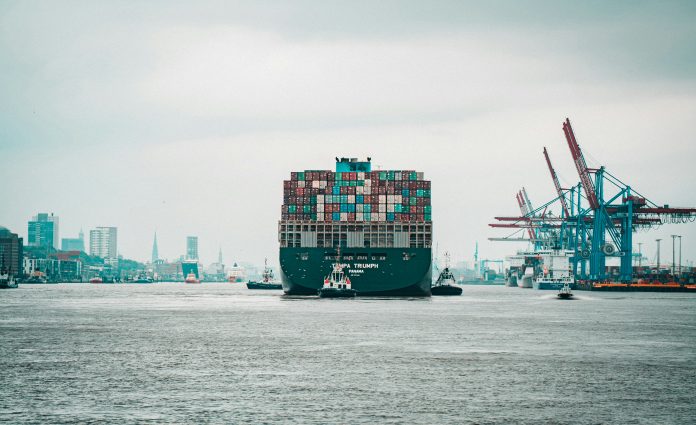In today’s interconnected world, manufacturing companies encounter unprecedented challenges in securing their supply chains. The intricate web of global supply chain operations is now facing pressures from geopolitical tensions and a scarcity of risk assessment data, complicating efforts to fortify supply chain resilience.
According to Moody’s, assessing and managing supplier risk proves arduous, especially when industries like semiconductors and electronic vehicles rely on a limited number of suppliers. This dependency constrains the ability of companies to find alternatives or diversify their supply chains, leaving them vulnerable to disruptions.
Visibility—or the lack thereof—over supply chains can significantly endanger a company’s ability to withstand and recover from disruptions. Without access to crucial financial data and analysis, companies are at risk of delivery delays, reputational damage, and unforeseen costs stemming from economic shifts, political unrest, or black swan events.
Strict adherence to human rights due diligence (HRDD) guidelines is essential for companies operating in sensitive sectors or regions with high forced labor risks, such as the solar industry’s reliance on the Xinjiang Uygur Autonomous Region. A report by Sheffield Hallam University highlighted the solar industry’s exposure to these risks due to insufficient supply chain data.
Regulatory frameworks like the Uyghur Forced Labor Prevention Act in the US and the German Supply Chain Act in Europe emphasize the importance of supplier monitoring and due diligence to comply with laws and mitigate risks preemptively.
Furthermore, in Asia, Japan and South Korea are taking steps towards promoting HRDD and environmental due diligence, signaling a shift towards mandatory reporting and compliance in the region.
To navigate these complexities, businesses must engage in thorough supplier due diligence and risk monitoring, employing automated tools for comprehensive risk management. Moody’s, for instance, offers solutions that address regulatory compliance, fraud risk, ESG concerns, and financial stability, aiding companies in understanding and mitigating third-party risks.
Adopting a risk-based approach to supply chain management enables businesses to anticipate, assess, and mitigate risks efficiently. This not only enhances operational resilience but also protects against non-compliance penalties and reputational harm, ultimately securing the supply chain against today’s multifaceted risks.
Read the full post here.
Copyright © 2024 RegTech Analyst
Copyright © 2018 RegTech Analyst






